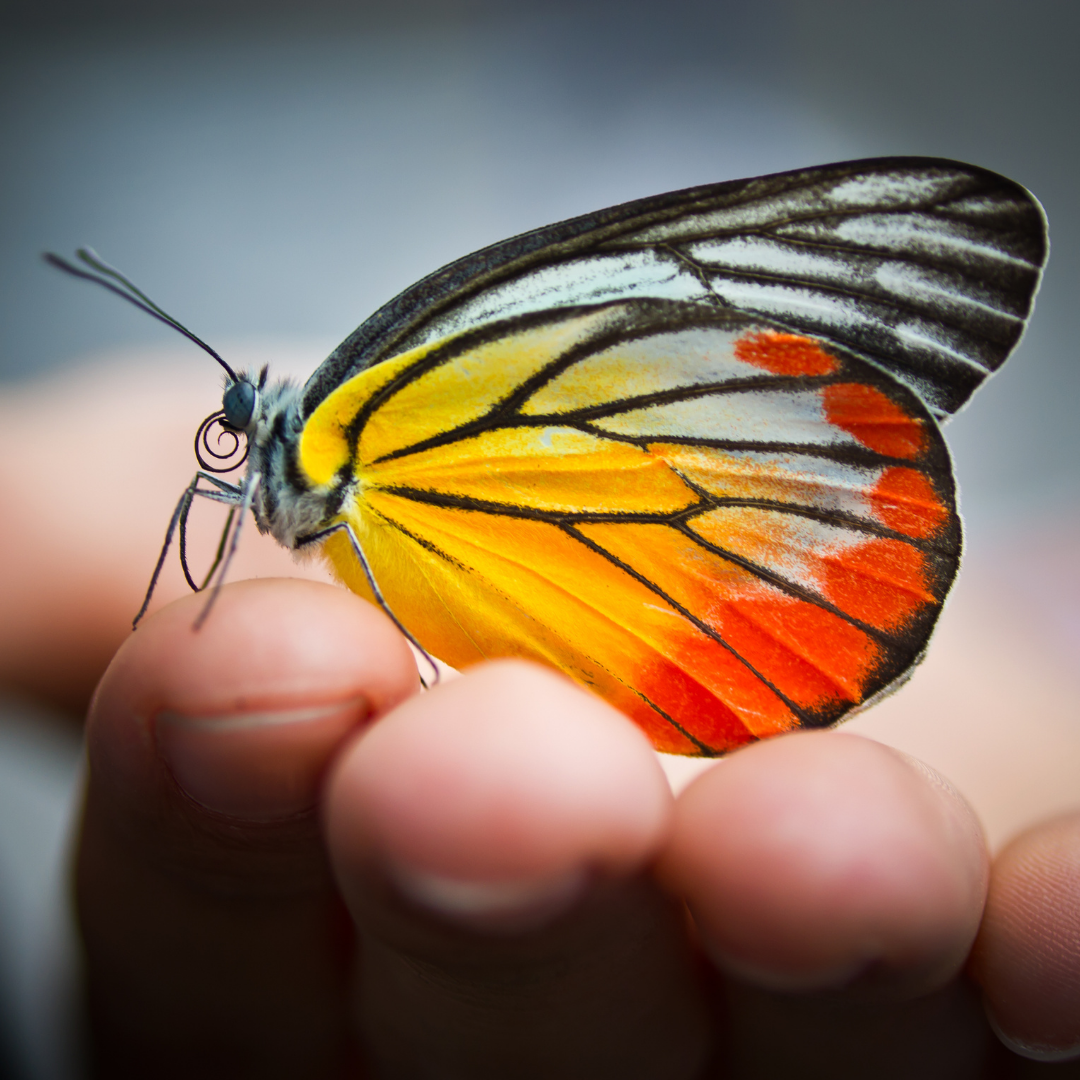Toxic pesticides are killing our nation’s pollinators—native bees, butterflies, birds and others are at risk of extinction. The iconic American bumblebee has lost 89% of its population over the last 20 years, and populations of eastern monarchs have declined by 80% since the 1990s.
To stem this precipitous die-off of wild and managed pollinators, U.S. Representatives Earl Blumenauer (D-OR) and Jim McGovern (D-MA) have reintroduced the Saving America’s Pollinators Act (SAPA). The bill uses the latest scientific research and perspectives to ensure that pollinators are protected and suspends the use of neonicotinoid (neonic) insecticides and other pesticides harmful to bees and other pollinators, report our friends at Beyond Pesticides.
“We must use every tool at our disposal to provide pollinators with much-needed relief from bee-toxic pesticides and monitor their populations to ensure their health and survival,” says Blumenauer.
Previous legislative sessions have taken up the bill, most recently in 2019 during the 1st session of the 116th Congress. Now’s the time to act by asking your elected representative to co-sponsor SAPA or renew their support:
Ø You can find U.S. Senators here.
Ø You can find U.S. Representatives here.
The Saving America’s Pollinators Act directs the administrator of the Environmental Protection Agency to take certain actions related to pesticides. Specifically, SAPA:
· Establishes a Pollinator Protection Board (PPB), consisting of scientists, beekeepers, farmers, and conservationists that have no direct or indirect ties to pesticide companies, to evaluate pesticides for their toxicity to pollinators and pollinator habitat;
· Cracks down on insecticides that are toxic to pollinators by canceling the registration of neonicotinoid pesticides or pesticides containing imidacloprid, clothianidin, thiamethoxam, dinotefuran, acetamiprid, sulfoxaflor, flupyradifurone, or fipronil until they are properly reviewed by the Pollinator Protection Board;
· Implements a state-of-the-art monitoring network for native bees, ensuring that experts and the public have up-to-date information on the status of native bee populations.
Toxic insecticides, of course, work their way up and down the food chain; a single corn kernel coated with a neonicotinoid is toxic enough to kill a songbird. Data from the Netherlands has shown that the most severe bird population declines occurred in those areas where neonicotinoid pollution was highest.
Humans are also at risk, from farmworkers to backyard gardeners to even families who picnic in public parks. Roundup, the most popular weed killer in the world, has as its most active ingredients glyphosate and 2,4-D. The World Health Organization’s International Agency for Research on Cancer classified glyphosate in 2015 as a “probable carcinogenic to humans.’’ Numerous studies have shown that pesticides like glyphosate are disproportionately sprayed in black and brown communities, where public parks are often the only green space available for family picnics and outings.
Friends of Animals is working on a local, state and national level to ban the use of pesticides, such as glyphosate and chlorpyrifos, on public lands and is also educating people about how to switch to organic methods in their own backyards. In 2013, FoA launched Pesticide Free Rowayton, which led to the community being the first in Connecticut to ban pesticide use on public land areas; it’s now encouraging homeowners to go pesticide free one lawn at a time. FoA also supported a New York City bill to ban all city agencies spraying toxic pesticides including glyphosate; the groundbreaking bill passed in May 2021.
“Birds and bees don’t care about state boundaries—consider the monarch butterfly, who migrates thousands of miles to winter in the mountains of Mexico,” says Priscilla Feral, president of Friends of Animals. “That’s why we need national legislation to force the EPA to stop this wipeout of pollinators by lawn-care companies that should know – and do know – better.”
Indeed, the science is clear. According to the Task Force on Systemic Insecticides, consisting of 242 scientists from across the world, “The balance of evidence strongly suggests that these chemicals [neonicotinoids] are harming beneficial insects and contributing to the current massive loss of global biodiversity.” To read the full report from Beyond Pesticides, click here.

